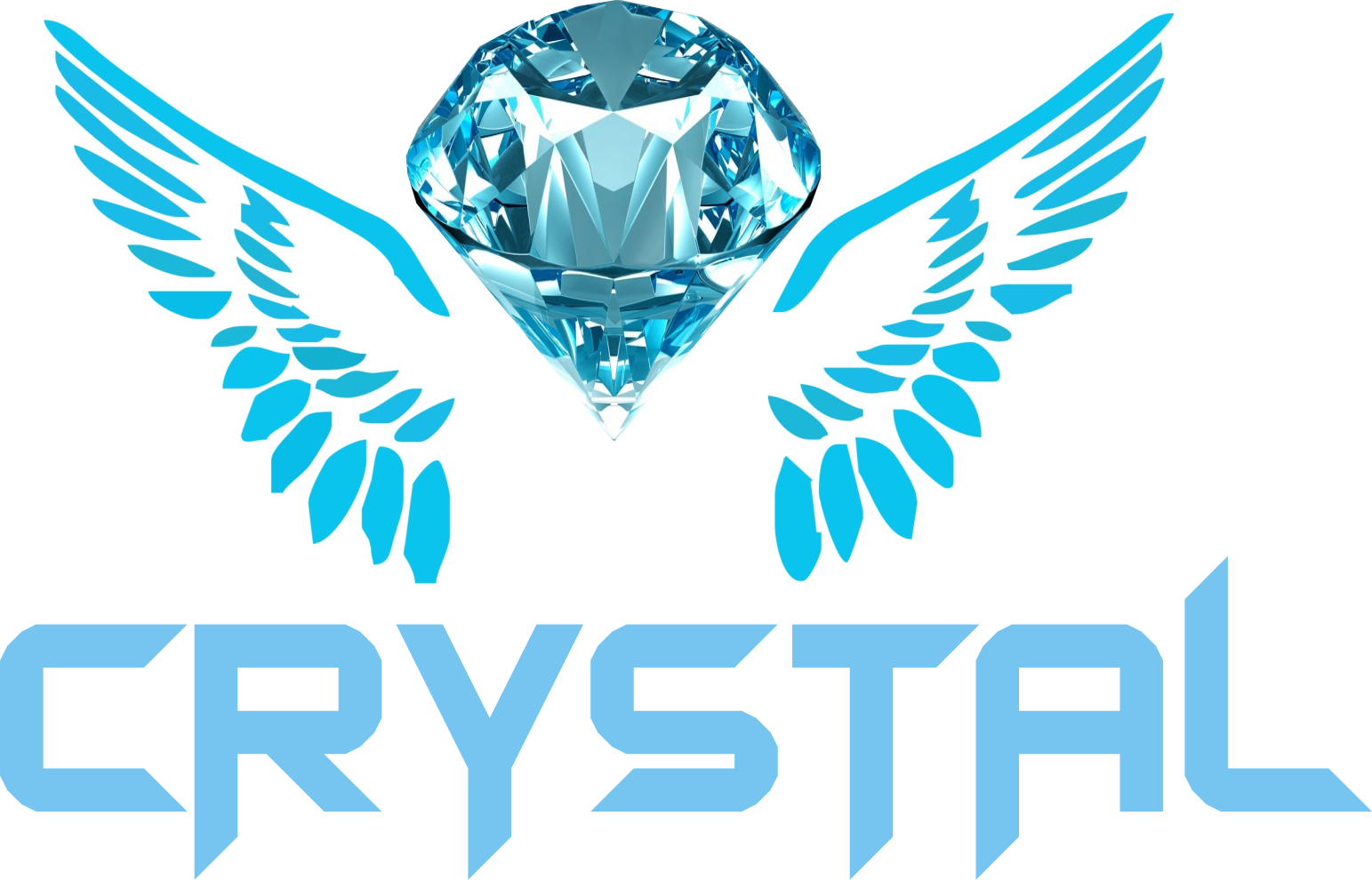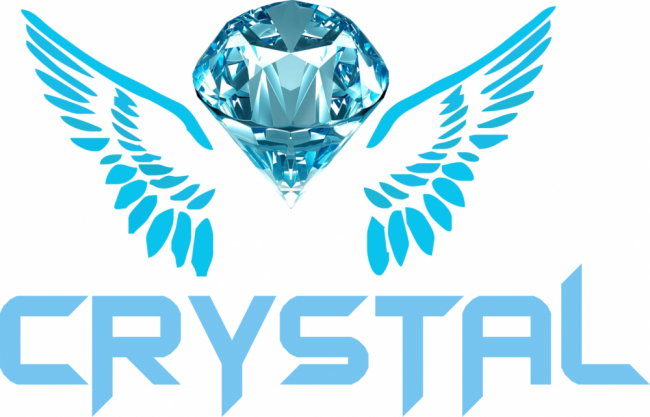The National Agency for Food and Drug Administration and Control (NAFDAC) has approved more vaccines for the treatment of the Coronavirus (COVID-19) pandemic.
The Director-General of the agency, Prof. Mojisola Adeyeye, disclosed this at a news conference in Abuja on Thursday.
She said approval had been given to Moderna, a vaccine from the Rovi Pharma Madrid, Spain.
Other vaccines also approved are: AstraZeneca AZD1222 produced by SK Bioscience Company Limited from Korea and Sputnik V, produced by Gamaleya National Centre of Epidemiology and Microbiology, Russia.
Adeyeye said that the NAFDAC Vaccine Committee had been carefully assessing the vaccines and several others in spite of
the approval by stringent regulatory countries and the World Health Organisation (WHO) Emergency Use Listing (EUL).
She added that all the COVID-19 vaccines that had gone through the process of approval had been certified for quality, safety and efficacy evaluation, a prerequisite for acceptance by the COVAX facility.
According to her, most regulatory agencies across the world use this mechanism to expedite their own regulatory approval to import and administer the vaccines.
She noted that NAFDAC spent 15 days to thoroughly examine the dossier or submission package of the vaccines to ensure that the benefits outweighed the risks and any other side effects for proper monitoring.
She said “the EUL will allow Nigeria to receive supplies of the vaccines from the COVAX facility. COVAX is the pillar of the Access to COVID-19 Tools (ACT) accelerator’s jointly led by the Global Alliance for Vaccines and Immunisation (GAVI) and the Coalition for Epidemic Preparedness Innovations (CEPI) and the WHO.
“Its aim is to accelerate the development and manufacture of COVID-19 vaccines and to guarantee fair and equitable access to low-middle income countries (LMIC) of which Nigeria is one.
“NAFDAC also gives a full review for vaccines that have not gone through EUL route. This mechanism is explained in our guidance developed by the COVID-19 Vaccine Committee.”
On Moderna and AstraZeneca AZD1222 vaccines, the director-general said that the vaccines had received WHO EUL and were given accelerated approval, while Sputnik V was yet to receive the EUL approval, subjected to six months review by NAFDAC.
She said that NAFDAC was granted access to the dossiers and prior assessment reports of Moderna and AstraZeneca AZD1222 from the WHO website at different times over the past two months.
According to her, the Moderna vaccine is presented as a white to off-white, ready-to-use dispersion for intramuscular injection in a
the multi-dose vial containing 6.3ml (10 doses in a 10-vial pack, adding that each dose has (0.5ml) contains 100 micrograms of messenger RNA and is given as a two-dose vaccine.
She said that unopened vaccine vials could be stored or transported frozen at -25 degrees centigrade to -15 degrees centigrade for up to seven months and 30 days when stored at 2 to 8 degrees centigrade, protected from light.
She added that the AstraZeneca AZD1222 is a recombinant ChAdOx adenoviral vector encoding the structural surface glycoprotein (Spike protein) antigen of the SARS-CoV-2.
Adeyeye said that the AstraZeneca AZD1222 vaccine solution is colorless to slightly brown, clear to slightly opaque packed as a 5ml solution that contains 5 x 10 virus particles for injection in a 5ml clear glass multidose vial that could be stored at 2 to 8 degrees centigrade, and is given as two dose injection.
On Sputnik V vaccine which is also known as Gam-COVID-Vac COVID-19 vaccine, NAFDAC DG said “it is supplied as a two-component product, both of which are 3ml (5 doses) solution for intramuscular injection in a glass vial.
“It is a two-dose injection. Each 0.5 ml dose of component I is formulated to contain virus particles (1.0+0.5) x 10 of Ad26 vector encoding the S glycoprotein of SARS-CoV-2,” adding that the product has a shelf life of six months when stored at -18 degree centigrade or three months when stored at 2-8 zero degree centigrade.
Adeyeye said the agency did a thorough assessment of each vaccine and were found to have the quality, safety and efficacy attributes, with the benefits far outweighing the risks.
She said that the pharmacovigilance unit would conduct safety and monitoring studies on the vaccines to record the side and adverse effects following immunization.
She further said that other studies like immunological responses, incidences of reactogenicity, and possible dose optimization would be done in a cohort of vaccines.
The director-general added that the agency would be using its recently launched Med Safety App for active pharmacovigilance of the vaccines in collaboration with respective sister agencies, and urged healthcare workers to download the same App to monitor Adverse Drug Reaction (ADR) and report.
She said NAFDAC had begun in-country training on the use of the App for healthcare workers.
She noted that the agency planned to also use the traceability with GS1 technology to monitor vaccines distribution using Global Trade Item (GTIN), adding that “all these were to prevent fake vaccines from infiltrating the supply chain and to ensure there was no diversion.”


 Others5 years ago
Others5 years ago
 Judiciary4 years ago
Judiciary4 years ago
 Business5 years ago
Business5 years ago
 Society4 years ago
Society4 years ago















